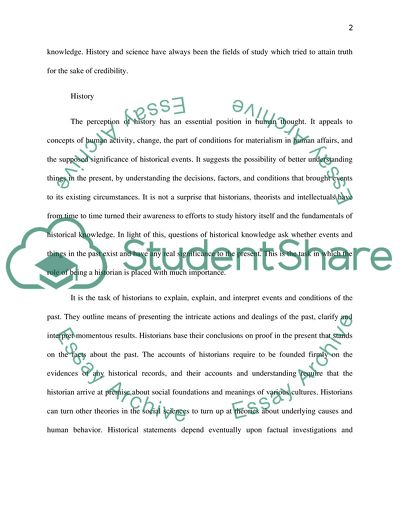Cite this document
(The Use of History and Science to Attain Knowledge Essay, n.d.)
The Use of History and Science to Attain Knowledge Essay. Retrieved from https://studentshare.org/social-science/1758299-theory-of-knowledge-using-history-and-science-examine-the-claim-that-it-is-possible-to-attain-knowledge-despite-problems-of-bias-and-selection
The Use of History and Science to Attain Knowledge Essay. Retrieved from https://studentshare.org/social-science/1758299-theory-of-knowledge-using-history-and-science-examine-the-claim-that-it-is-possible-to-attain-knowledge-despite-problems-of-bias-and-selection
(The Use of History and Science to Attain Knowledge Essay)
The Use of History and Science to Attain Knowledge Essay. https://studentshare.org/social-science/1758299-theory-of-knowledge-using-history-and-science-examine-the-claim-that-it-is-possible-to-attain-knowledge-despite-problems-of-bias-and-selection.
The Use of History and Science to Attain Knowledge Essay. https://studentshare.org/social-science/1758299-theory-of-knowledge-using-history-and-science-examine-the-claim-that-it-is-possible-to-attain-knowledge-despite-problems-of-bias-and-selection.
“The Use of History and Science to Attain Knowledge Essay”, n.d. https://studentshare.org/social-science/1758299-theory-of-knowledge-using-history-and-science-examine-the-claim-that-it-is-possible-to-attain-knowledge-despite-problems-of-bias-and-selection.


